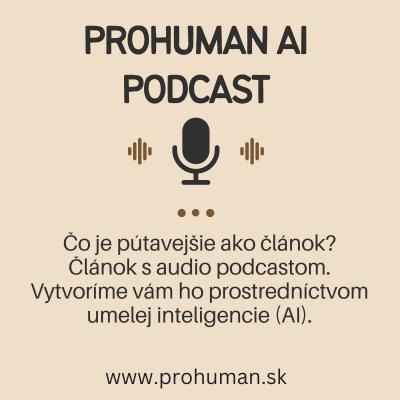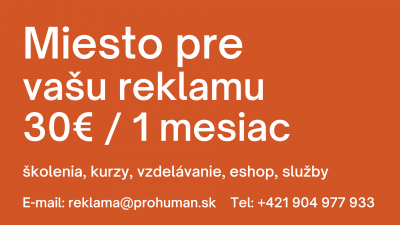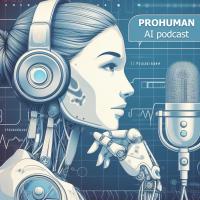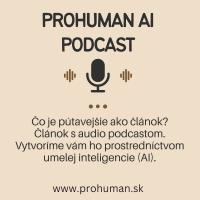máj
29
2025
Trendy úmrtnosti v dôsledku samovrážd v Európe v rokoch 2015-2025: Spoločenské a komunitné rizikové faktory
Abstract: Suicide represents a serious public health challenge on a global scale. It reflects complex interactions between psychological, social, and economic determinants. Understanding of suicidal behaviour demands comprehensive, multidisciplinary approaches to prevention and intervention efforts. Thus, this study aimed to compare current epidemiological patterns and trends in suicide across Europe, with particular attention to Eastern and Central Europe, using global and Western European context as a comparative benchmark. We searched the literature published between 2015 and 2025 in the Web of Science, PubMed, CINAHL and Embase, in line with Joanna Briggs Institute (JBI) reccomendations for scoping review. We aimed to provide sufficient evidence pointing towards the multi-causality of suicidal behaviour with the main focus on societal and community factors. A total of 22 eligible studies were identified. This review highlights suicide mortality declining across the European Union in the past decade, however this positive trend conceals significant cross-country disparities, with suicide mortality significantly higher in Eastern Europe. Our study showed, that these differences may reflect both systemic issues in mental health care provision and broader socio-cultural factors, including socioeconomic factors, higher stigmatization of mental health problems, lower access to mental health care, financial barriers, higher alcohol consumption, or higher loneliness and social isolation. It is also crucial to address geopolitical tensions and the resulting economic and social instability that may impact suicide rates. Integrating these dimensions into prevention and intervention framework may provide a more comprehensive understanding of the multilayered and dynamic interplay between environmental, social, and political determinants of health.
Key words: suicide, societal and community risk factors, trends across European countries.
Abstrakt: Samovražda predstavuje vážnu výzvu pre verejné zdravie v globálnom meradle. Odráža zložité interakcie medzi psychologickými, sociálnymi a ekonomickými determinantmi. Porozumenie samovražednému správaniu si vyžaduje komplexné, multidisciplinárne prístupy k prevencii a intervencii. Cieľom tejto štúdie bolo porovnať aktuálne epidemiologické vzorce a trendy v samovraždách naprieč Európou, so zvláštnym zreteľom na krajiny strednej a východnej Európy, pričom globálny a západoeurópsky kontext slúžil ako porovnávací rámec. Do štúdie sme zahrnuli literatúru publikovanú v rokoch 2015 až 2025. Štúdie boli vyhľadávané v databázach Web of Science, PubMed, CINAHL a Embase, v súlade s Joanna Briggs Institute (JBI) odporúčaniami pre scoping review. Zároveň sme sa snažili poskytnúť dôkazy podporujúce koncept multikauzality samovražedného správania, s osobitným zreteľom na spoločenské a komunitné determinant. Celkovo bolo identifikovaných a analyzovaných 22 relevantných štúdií. Táto prehľadová štúdia poukazuje na celkový pokles úmrtnosti v dôsledku samovrážd v krajinách Európskej únie za poslednú dekádu. Tento pozitívny trend však nezohľadňuje výrazné rozdiely medzi jednotlivými krajinami, pričom úmrtnosť na samovraždu je významne vyššia vo východoeurópskom regióne. Naše zistenia naznačujú, že tieto rozdiely môžu odrážať systémové nedostatky v oblasti poskytovania starostlivosti o duševné zdravie, ako aj širšie sociokultúrne faktory, vrátane socioekonomických podmienok, pretrvávajúcej stigmatizácie duševných porúch, nižšej dostupnosti psychologickej a psychiatrickej starostlivosti, vyššej miery konzumácie alkoholu či sociálnej izolácie a osamelosti. Za kľúčové považujeme aj zohľadnenie geopolitického napätia a následnej ekonomickej a sociálnej nestability. Integrácia týchto dimenzií do rámca prevencie a intervencií môže prispieť k hlbšiemu porozumeniu komplexnej a dynamickej prepojenosti medzi environmentálnymi, spoločenskými a politickými determinantmi zdravia.
Kľúčové slová: samovražda, spoločenské a komunitné rizikové faktory, trendy v európskych krajinách.

















